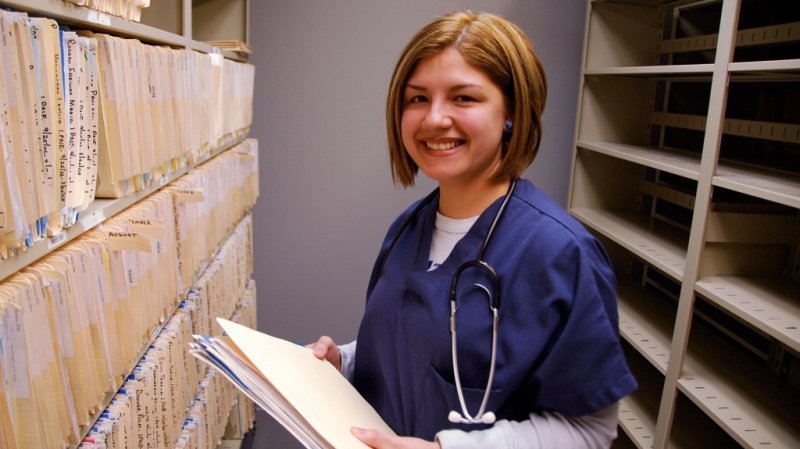Title: Schooling For Medical Billing: Everything You Need To Know
Meta title: Schooling For Medical Billing: A Comprehensive Guide
Meta description: Discover the ins and outs of schooling for medical billing, including the benefits, practical tips, and real-life case studies. Find out how to kickstart your career in this rewarding field today.
Introduction:
Are you interested in pursuing a career in healthcare administration but unsure where to start? Look no further than medical billing. Medical billing professionals play a crucial role in the healthcare industry by ensuring that healthcare providers receive proper reimbursement for the services they provide to patients. If you’re considering entering this field, it’s essential to understand the schooling requirements and options available to you. In this comprehensive guide, we’ll walk you through everything you need to know about schooling for medical billing.
Benefits of Pursuing a Career in Medical Billing:
- Stable Job Market: The healthcare industry is continuously growing, which means there is a high demand for skilled medical billing professionals. According to the Bureau of Labor Statistics, employment of medical records and health information technicians is projected to grow 8% from 2019 to 2029, much faster than the average for all occupations.
– Remote Work Opportunities: Many medical billing professionals have the option to work from home, offering flexibility and work-life balance.
– Competitive Salary: Medical billing professionals earn a competitive salary, with the median annual wage for medical records and health information technicians at $42,630 in May 2020.
– Career Growth: With experience and additional certifications, medical billing professionals can advance their careers and take on supervisory or management roles.
Schooling Options for Medical Billing:
When it comes to schooling for medical billing, there are multiple paths you can take to kickstart your career. Some of the common options include:
1. Certificate Programs: Certificate programs in medical billing are typically shorter in duration and focus on providing students with the necessary skills and knowledge to enter the field quickly. These programs cover topics such as medical terminology, coding, billing practices, and healthcare laws and regulations.
2. Associate’s Degree Programs: Associate’s degree programs in medical billing offer a more comprehensive education, covering a broader range of topics related to healthcare administration. These programs typically take two years to complete and provide a deeper understanding of medical billing and coding processes.
3. Bachelor’s Degree Programs: Some universities offer bachelor’s degree programs in healthcare administration with a focus on medical billing. These programs provide a well-rounded education in healthcare management, finance, and information technology, preparing students for leadership roles in the field.
Practical Tips for Success:
– Research Schools: Before enrolling in a program, research different schools and compare their curriculum, tuition costs, and accreditation status.
– Obtain Certification: Consider obtaining a certified professional coder (CPC) certification from the American Academy of Professional Coders (AAPC) or a certified billing and coding specialist (CBCS) certification from the National Healthcareer Association (NHA) to enhance your job prospects.
– Gain Experience: Look for internship or job shadowing opportunities to gain hands-on experience in medical billing and coding.
– Network: Join professional associations and attend networking events to connect with other medical billing professionals and potential employers.
Real-Life Case Studies:
1. Sarah, a recent graduate of a medical billing certificate program, landed a job at a large healthcare facility shortly after completing her program. With her certification and hands-on experience, she quickly advanced in her career and is now a billing manager overseeing a team of billing specialists.
2. John, who holds a bachelor’s degree in healthcare administration with a focus on medical billing, started his own medical billing business after gaining experience working for various healthcare organizations. Today, his business is thriving, and he helps healthcare providers streamline their billing processes and maximize reimbursement.
Conclusion:
Schooling for medical billing offers a rewarding career path with excellent job prospects and opportunities for advancement. Whether you choose a certificate, associate’s, or bachelor’s degree program, gaining the necessary skills and knowledge in medical billing will set you on the right path towards a successful career in healthcare administration. By following practical tips, obtaining certifications, and gaining hands-on experience, you can enhance your job prospects and stand out in this competitive field. Start your journey in medical billing today and make a positive impact in the healthcare industry.



